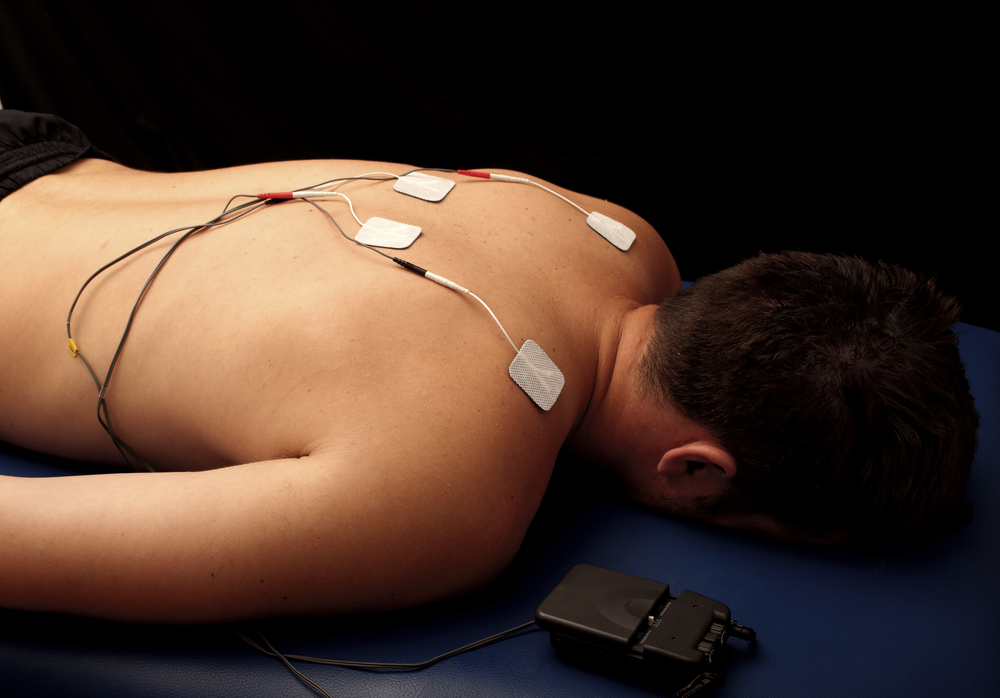TENS Seen as Low Cost and Accessible Way to Ease Spasticity in MS Patients
Written by |

Transcutaneous electrical nerve stimulation (TENS) might be an option to treat spasticity, one of the more common symptoms of multiple sclerosis (MS), according to a literature review conducted by researchers from Universidad de Castilla la Mancha, Toledo, and Hospital Nacional de Parapléjicos de Toledo, both in Spain.
The study “Transcutaneous electrical nerve stimulation for spasticity: A systematic review” was published in the Spanish scientific journal Neurologia.
Although it is difficult to assess and compare results obtained in different studies because of the great variability in the types of stimulation used, along with differences in parameters and variables, TENS may still be a valid option to reduce spasticity and pain in multiple sclerosis thanks to its low cost, ease of use, and absence of adverse side effects, according to various reviews.
Direct experimental studies with appropriate controls may be required to objectively determine the effectiveness of TENS in multiple sclerosis. In addition, it will be necessary to optimize the parameters to be used in order to obtain the best results.
Two independent researchers from the team led by Dr. Gómez-Soriano, director of the Physiotherapy Investigation Group, searched three well-known databases (PubMed, Cochrane, and PEDro) for randomized clinical trials, published before May 2015, that addressed the effects of TENS on spasticity.
Although 96 studies were found, researchers were only able to analyze 10 of them because the other 85 did not meet the inclusion criteria set by the team. The 10 articles selected included data from 207 patients who had a cerebrovascular accident — 84 of whom had multiple sclerosis, and 39 with spinal cord lesions.
The studies showed that TENS might be effective in reducing spasticity in all these cases.
“In light of our results, we recommend TENS as a treatment for spasticity,” the authors, Jordi Serrano-Muñoz, Juan Avendaño Coy, Julio Gómez-Soriano, and E. Fernández-Tenorio, wrote.
TENS is a therapy that aims to relieve pain by delivering low-voltage electrical current to the body. It may be used to treat sudden (acute) pain, such as women going through labor, or long-lasting chronic pain that can be caused by neurological conditions, such as multiple sclerosis.
The electrical signals delivered by TENS travel along nerve pathways and result in some people experiencing less pain. Previous research has shown that TENS might also help with spasticity in multiple sclerosis.


